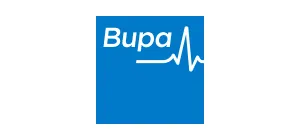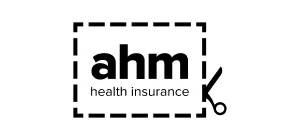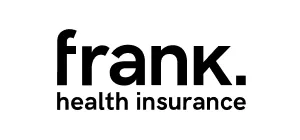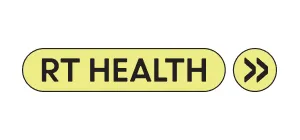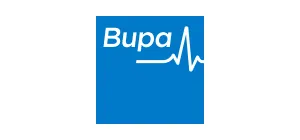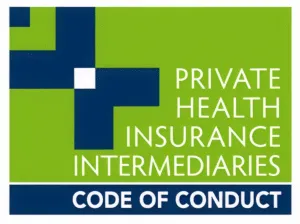Do young adults need health insurance?
Buying private health insurance may feel unnecessary when you're young and healthy, but it can offer some benefits.
Your parents’ health insurance may no longer cover you
Most health funds stop covering you under your parents’ policy when you turn 31, but there are other situations where you may be removed from your parents’ policy:
- You’re not currently studying in a full-time approved tertiary course
- You’re married or in a de facto relationship
- You are financially independent.
Check the Private Health Information Statement (PHIS) of your parents’ policy for the exact details, as different insurers have different rules.
You can potentially avoid extra tax
The Medicare Levy Surcharge (MLS) is a tax surcharge applied to taxpayers who earn above a certain income and don’t hold private hospital cover. For the 2024-25 financial year, singles earning over $97,000 and families earning over $194,000 may be liable. Getting an appropriate private hospital insurance policy can help you avoid paying this surcharge.
You can also avoid Lifetime Health Cover loading (LHC)
Once you turn 31, the Lifetime Health Cover loading starts to apply. Your premiums go up by 2% for each year you wait to get hospital cover. Note that this additional loading is removed after holding hospital cover continuously for 10 years.
You can skip public hospital waiting lists
Private health insurance can help you skip the wait times at public hospitals, especially for non-urgent treatments. You may also have the option to choose your own doctor and a private room, if one is available.
If you often use services like physiotherapy, chiropractic care, or dental, getting extras cover can help with those costs.
You can have peace of mind if planning a family
If you’re thinking about starting a family now, or in the future, remember that most health funds have a 12-month waiting period for pregnancy and birth related services. Getting insurance early means you’ll have the benefits when you need them.
As your life changes, review your policy to ensure your coverage matches your needs.
The cost of health insurance for young adults
If you're still covered by your parents’ policy, then you may be lucky enough to not be paying anything for that coverage. If you decide to pay your own way and get a policy of your own, then the table below shows the average annual premiums for hospital and extras health insurance for young adults by state as well as nationally.
Average Annual Health Insurance Premiums For Young Adults Per State
State | Single | Couple | Family | Single |
|---|---|---|---|---|
NSW | $2,552 | $4,940 | $5,162 | $4,164 |
NT | $1,675 | $3,255 | $3,438 | $2,716 |
QLD | $2,617 | $5,078 | $5,301 | $4,258 |
SA | $2,458 | $4,775 | $5,025 | $4,018 |
TAS | $2,481 | $4,800 | $5,019 | $3,993 |
VIC | $2,649 | $5,120 | $5,380 | $4,297 |
WA | $2,226 | $4,297 | $4,534 | $3,596 |
National | $2,530 | $4,897 | $5,132 | $4,114 |
Source: www.canstar.com.au - 25/09/2025. Based on all combined hospital and extras insurance policies on Canstar’s database. The Australian Government Private Health Insurance Rebate, Base Tier for under 65s, of 24.288% has been applied to premiums. National average premiums based on state averages weighted by state population of insured persons, per APRA Quarterly private health insurance statistics (June 2025). Ambulance only, OSHC, visitor and corporate policies, as well as policies from restricted funds, are excluded. "Young Adults" profile includes all plans, without any minimum cover requirement.
Understanding the types of health insurance
It helps to have a clear understanding of the two types of health insurance coverage—hospital cover and extras cover (also referred to as ancillary cover).
You can purchase hospital cover and extras cover separately, or opt for a hospital and extras packaged cover that combines both.
Should young adults consider hospital cover?
Medicare covers the cost of clinically necessary public hospital treatment, but there can be waiting times for rooms or treatment, depending on your condition. Private hospital cover allows you to be treated as a private patient in a public or private hospital, your choice of doctor, and faster elective procedures. Many funds include ambulance cover, which can also be purchased separately.
Should young adults consider extras cover?
Extras cover helps with out-of-hospital medical costs that Medicare doesn’t, such as dental, optical, physio, chiropractic, remedial massage, psychology, and podiatry. Exactly what you're covered for and what your annual claim limit will be varies from policy to policy, so always check the policy’s Private Health Information Statement.



